
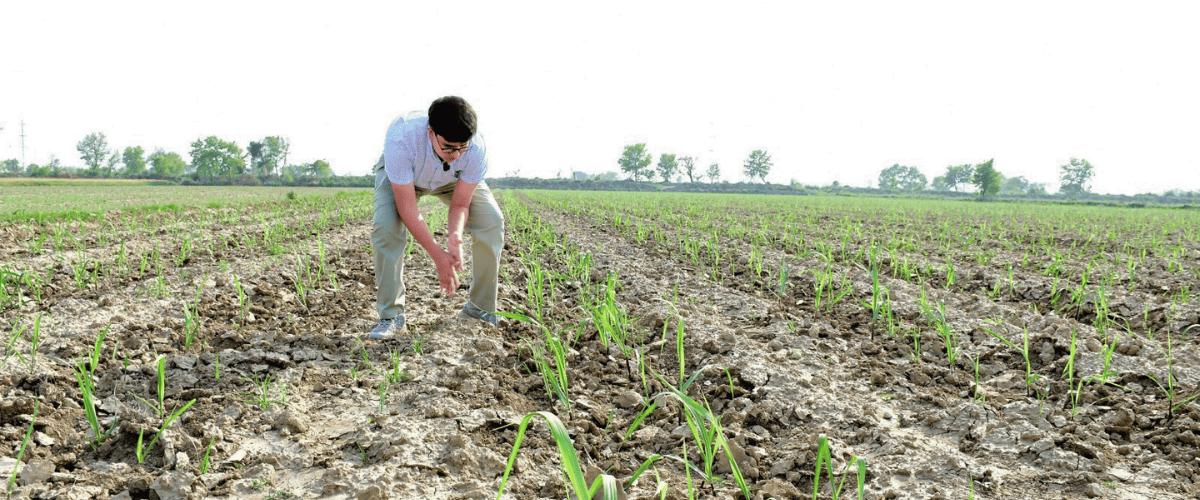
Empowering Rural Farmers in India
Sixth Form pupil, Yash, details an initiative he started to help farmers in Uttar Pradesh, India address the challenges facing the industry in today's climate.
Growing up around agriculture, I felt a keen sense of responsibility to address the challenges farmers face in today’s changing climate. This led me to start Ek Sau Ek (101), an initiative empowering rural farmers, beginning with 100 sugarcane farmers across 21 villages in Uttar Pradesh, India.
Over the past year, I have focused on bridging scientific research with traditional practices to improve soil health, increase crop yield, and reduce dependence on chemical inputs. Techniques like trench planting, furrow irrigation, and bio-compost fertilisation have shown promising results in boosting income sustainably.
Recognising that access to information can be transformative, I developed myth-busting pamphlets on sustainable practices that have reached over 50,000 farmers through print, WhatsApp, and the Haq Darshak app. Haq Darshak is a start-up that connects rural communities to government and private welfare schemes and has become an invaluable partner. Together, we help farmers access crucial subsidies for essential tools like tractors. I visited all of the 100 farmers to guide them through screenings for eligibility and organised workshops to enhance financial literacy.
The motivation for Ek Sau Ek stemmed from an internship with the Head of Technical Research at a major sugar business group. Observing the challenges small-scale farmers faced, I realised that their reliance on older practices stifled their potential in soil management, water conservation, and yield optimisation. Shifting long-held beliefs required engaging with respected village elders, whose advocacy played a crucial role in influencing the community.
The results have been transformative: farmers reported up to a 60% increase in yields, a 30% reduction in water usage, and significantly lower input costs. Ultimately, my goal with Ek Sau Ek is to create a replicable model of sustainable agriculture that offers a path to prosperity for rural communities and fosters resilience against climate change. Through education and resource access, I believe we can achieve long-lasting change that uplifts both farmers and the environment.
Beyond these initiatives; I recently co-authored a research paper on sugarcane farming improvements, pending submission to the International Society of Sugar Cane Technologists. I aspire for my work and research to inspire wider change in agriculture by promoting sustainability and community resilience.

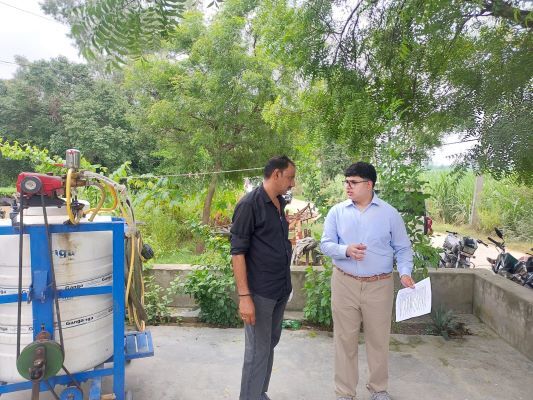
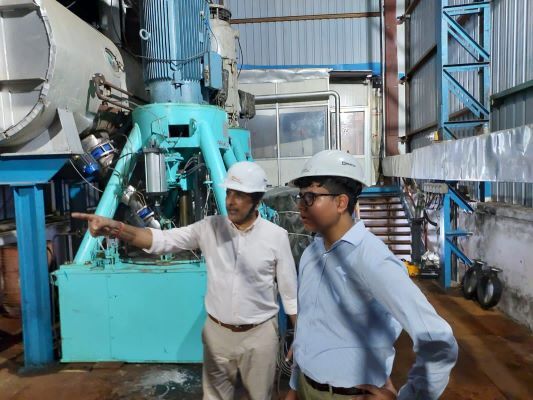
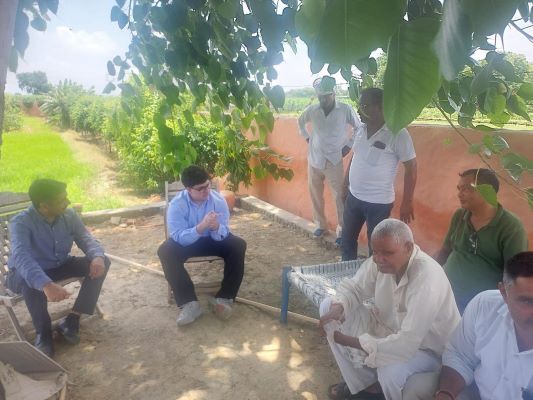
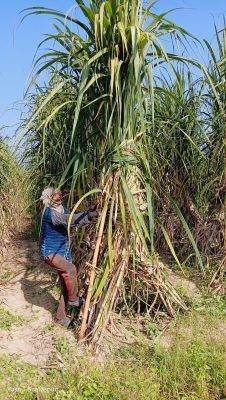
 Head back to stories
Head back to stories